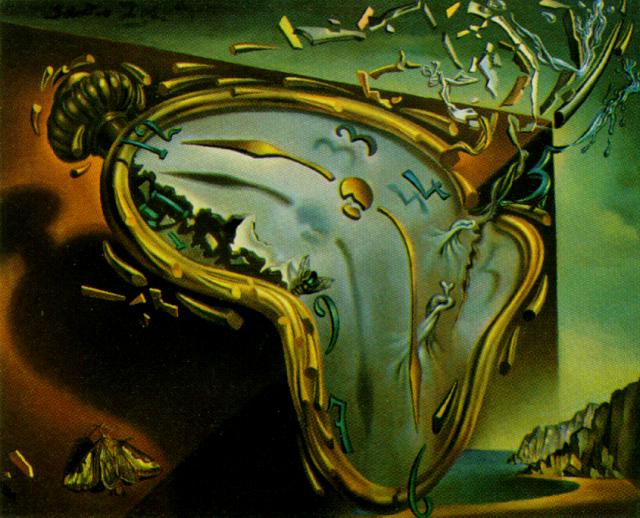If I had to choose between the ability to stop time or the power to travel to a time period of my choice, I would lean toward the latter—time travel. While the idea of stopping time is interesting , the ability to explore different times and experience history with your own eyes offers far greater potential for discovery and understanding. Time travel not only allows us to observe the past and future but also to interact with it in meaningful ways.
The most compelling reason to choose time travel over time stopping is the opportunity for exploration. Time, as a concept, unfolds continuously, and we are tied to it, unable to truly experience life outside of its flow. However, with time travel, one could visit historical events, witness the birth of great civilizations, and see how societies evolved. These experiences offer more than just academic knowledge; they would allow one to feel the weight of these historical moments and understand them in ways that reading about them or watching documentaries never could.
Time travel also provides an opportunity to understand different cultures and ways of life, which is something that stopping time simply cannot offer. By experiencing life in a different era, one could better understand the social and technological contexts that shaped that time. Whether visiting Ancient Egypt to see the construction of the pyramids or traveling to a future where technological advancements have changed the way we live, the ability to immerse oneself in these periods could offer new perspectives on human progress and its consequences. Being able to witness firsthand how people in the past thought, behaved, and interacted would deepen our understanding of the present and help to shape the future.
Furthermore, time travel could offer a unique opportunity for personal growth. By traveling to different periods, one could see how individuals responded to challenges and overcome adversity. This would provide invaluable lessons in resilience, problem-solving, and the human spirit. For instance, witnessing the courage and determination of people during major wars, social movements, or economic upheavals would inspire new ways of thinking about one’s own life and the challenges we face today. Time travel would not only broaden one’s knowledge but also enrich one’s emotional intelligence and sense of empathy, offering lessons from the past that could be applied to the present.
On the other hand, stopping time presents its own limitations. While it may seem tempting to freeze time in order to complete tasks, reflect, or escape from the world, the experience ultimately feels isolating. In a frozen world, one can only act on the present moment without being able to interact with others or engage with the flow of time. It might be useful for short-term benefits, like finishing an overwhelming task or simply pausing for rest, but it doesn’t offer the depth of experience that time travel does. Time stopping isolates the individual from the world, while time travel connects the individual to the broader narrative of human history.
In conclusion, while both options offer intriguing possibilities, traveling to a time period of one’s choice holds far more potential for exploration, personal growth, and understanding of the world. It provides a deeper connection to history, offers insights into other cultures, and helps individuals learn from the past to shape the future. Stopping time, by contrast, is more of a temporary escape, offering limited benefits without the richness and depth of experience that time travel provides. For anyone eager to understand the world on a profound level, time travel is the clear choice.

